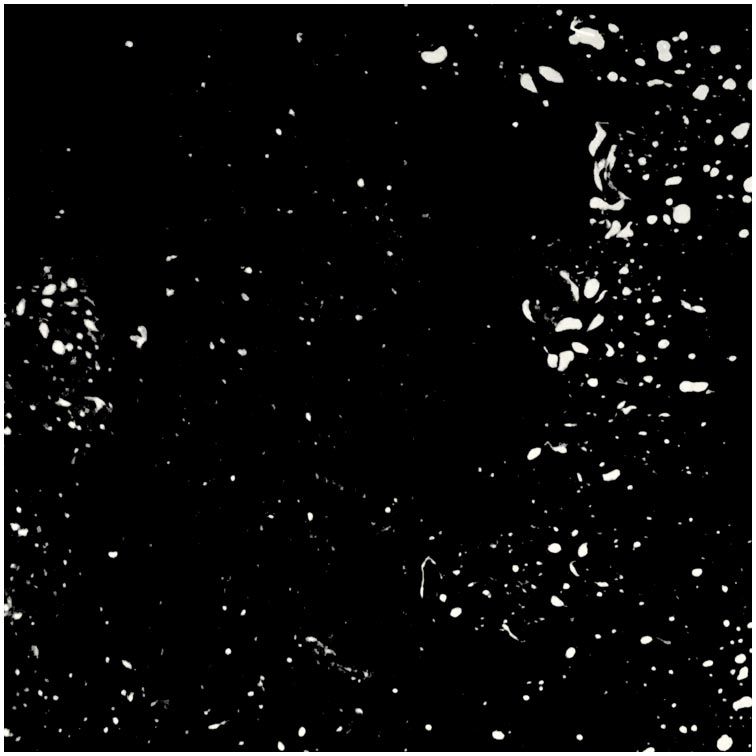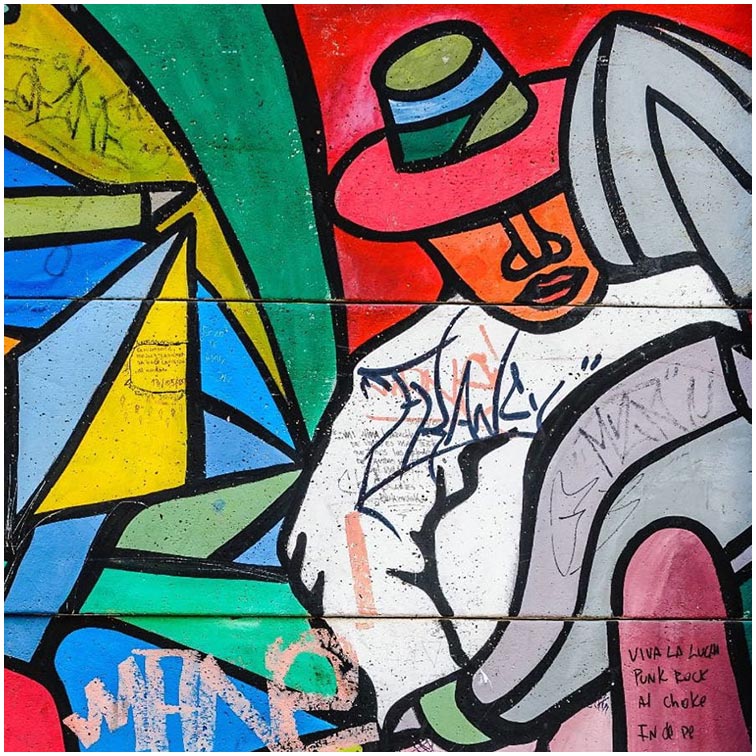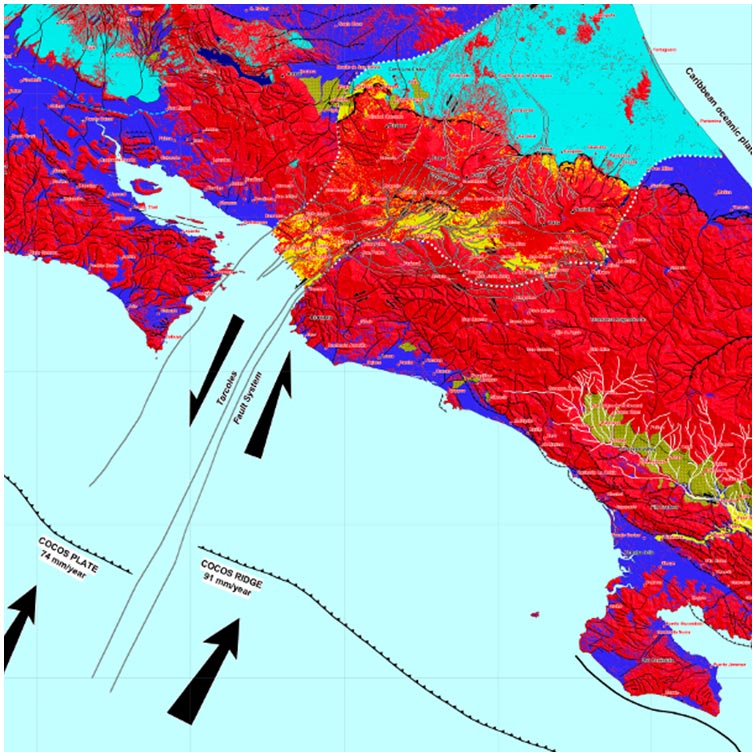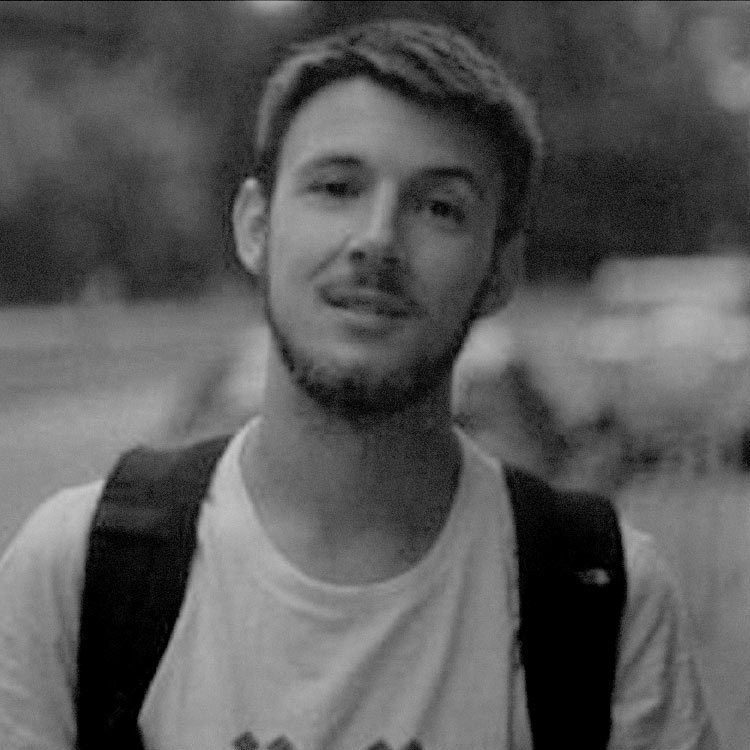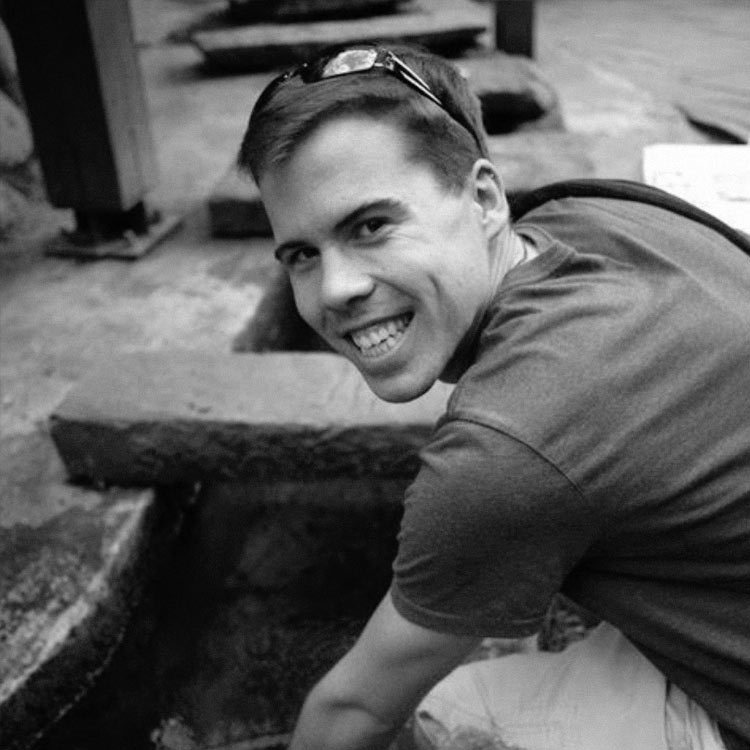Lupe Flores
Co-coordinator 2019-21
Lupe is a third-year PhD student in Sociocultural Anthropology at Rice University. Their work explores the ways migration and humanitarian governance converge to impede or facilitate migrant mobility, incorporation, and exclusion in México. In particular, it investigates the ways in which surveillance technologies and processes operate in asylum and humanitarian contexts and how they reproduce oppressive structures marked by gender, sexuality, ethnicity, nationality, racialization, and criminalization. Additionally, it considers how transnational migrant/refugee subjectivities are reconfigured as they become temporarily or permanently settled in—and rearrange—Mexican cities. Lupe’s work takes place in migrant shelters and camps, in asylum and migration offices, among humanitarian workers, asylum and migration officers, activists, lawyers, reporters, and migrants/refugees throughout México and at its northern and southern borders.
Lupe’s master’s thesis research explored gendered perspectives, particularly Mexican American women’s roles and experiences, in migrant smuggling. This project worked against the andro-centric, predatory, and immoral characterization of migrant smugglers by the state, the media, and ethnographic research on migration more generally by gendering experiences in migrant smuggling through a Chicana feminist analysis.
Lupe received their BA in Anthropology from The University of Texas-Pan American and their MA in Mexican American Studies from the University of Texas Rio Grande Valley, where they worked as a Curatorial Assistant in the Border Studies Archive and Graduate Student Instructor in the Mexican American Studies program.

